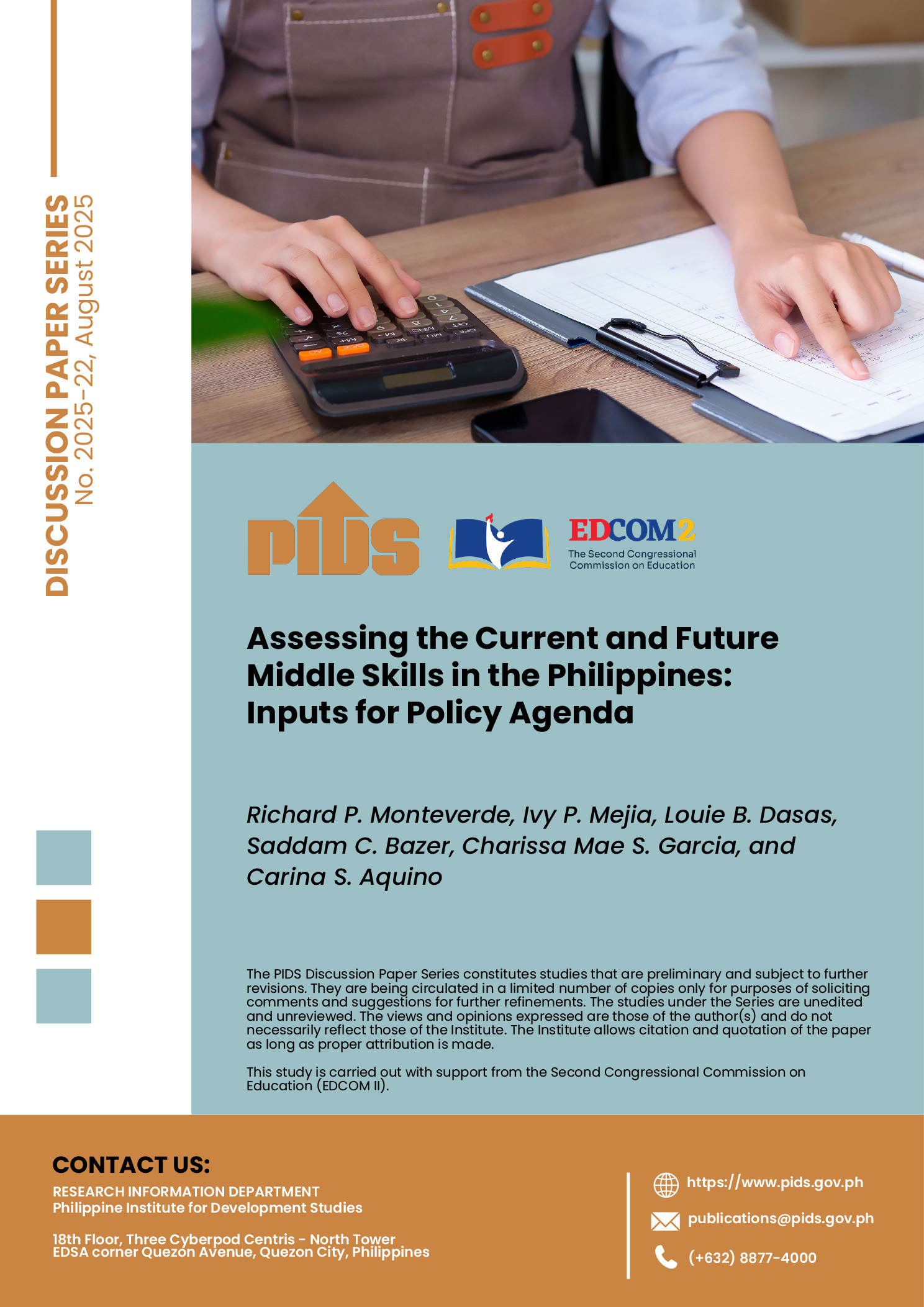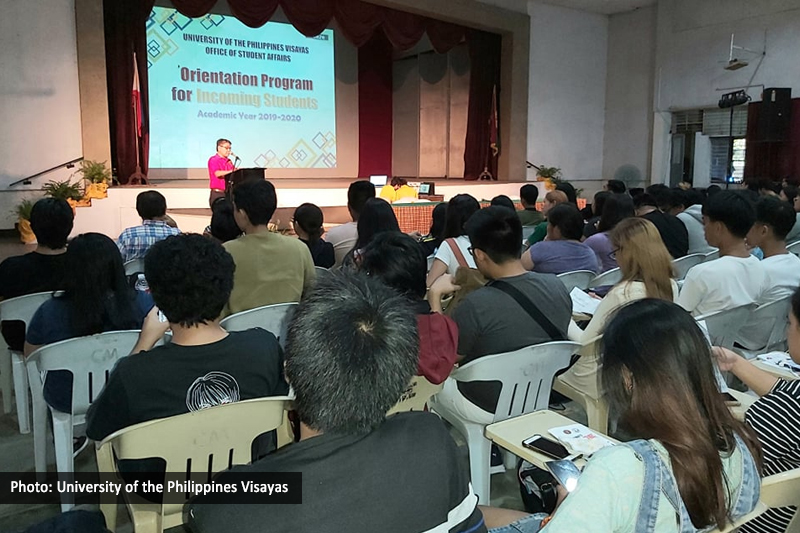The President and the country’s top businessmen found common ground on the various economic issues affecting the country during a dinner meeting on Tuesday night.
In a briefing on Wednesday, Presidential Spokesman Ernesto C. Abella said the President’s meeting was arranged by Presidential Consultant for Entrepreneurship Jose Ma. Concepcion, who is also known for his Go Negosyo advocacy, which aims to address poverty through entrepreneurship.
Duterte met with businessmen led by Ayala Corp. Chairman Jaime Augusto Zobel de Ayala and Metro Pacific Investments Corp. and PLDT chairman Manuel Pangilinan.
“The open discussion touched on many topics, federalism, contractualization, job creation and tax reform. The President reiterated that he was all for job creation to uplift the people’s well-being,” Abella said.
He added: “The one-hour meeting was extended to three and, in the words of Concepcion, everybody walked out extremely, extremely happy.”
Abella said that, in terms of the government’s plan to end contractualization, Labor Secretary Silvestre H. Bello III and the businessmen are already “working out a ‘win-win’ situation.”
The Presidential spokesman said that while he could not provide details of the arrangement, he can assure the public that it will be beneficial to both employers and employees.
Abella said the businessmen’s concerns and reservations regarding the President were put to rest after the dinner on Tuesday night.
“[Mr. Concepcion] was saying that their preconceptions regarding the President were settled because of the one-on-one, face-to-face conversation. Many of them, apparently, never really met the President but this was the first time that they had this face-to-face and according to…[Concepcion], a number of their uncertainties were settled,” Abella said.
While there were no commitments made during the dinner, Abella said the businessmen expressed their support for the government’s efforts to achieve inclusive economic growth.
He added that Finance Secretary Carlos G. Dominguez III, who was also present in the dinner, shared the government’s efforts to address poverty.
One particular aspect is making available credit for poor Filipinos. Abella said Dominguez shared that the Land Bank of the Philippines (LBP) had excess funds worth $40 million for improvements in other places in Mindanao.
“Basically, they were being brought onboard to help address the issue of how to create a more inclusive economy, especially addressing work and investments in areas of conflict,” Abella said.
Earlier, state-owned think tank Philippine Institute for Development Studies (PIDS) said the government’s plan to end endo,” could lead to layoffs and greater inequality in the country.
In a study titled “Beware of the ‘End Contractualization!’ Battle Cry”, PIDS research fellows Vicente B. Paqueo and Aniceto C. Orbeta Jr. said ending contractualization would be more expensive for companies than the government estimated.
Hiring more permanent employees would increase the cost of firms by about 30 to 40 percent, higher than the government’s estimate of around 10 percent.
Findings in the research showed that Filipino workers were predominantly regular workers constituting 70 percent of all workers. The share of regular employees was also steady at 75 percent prior to 2014.
Data also showed that relatively, regular workers have higher wages and there was a decline in real wage rate between 2001 to 2014.
The study also noted that there is a rise in real earnings to P266 in 2014 during the term of President Benigno Aquino III from P260 in 2010.//
‘Fruitful’ meet between Duterte and PHL’s top businessmen—Palace












